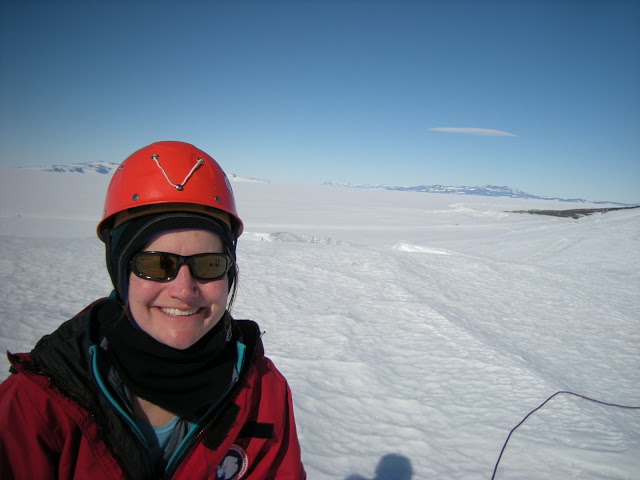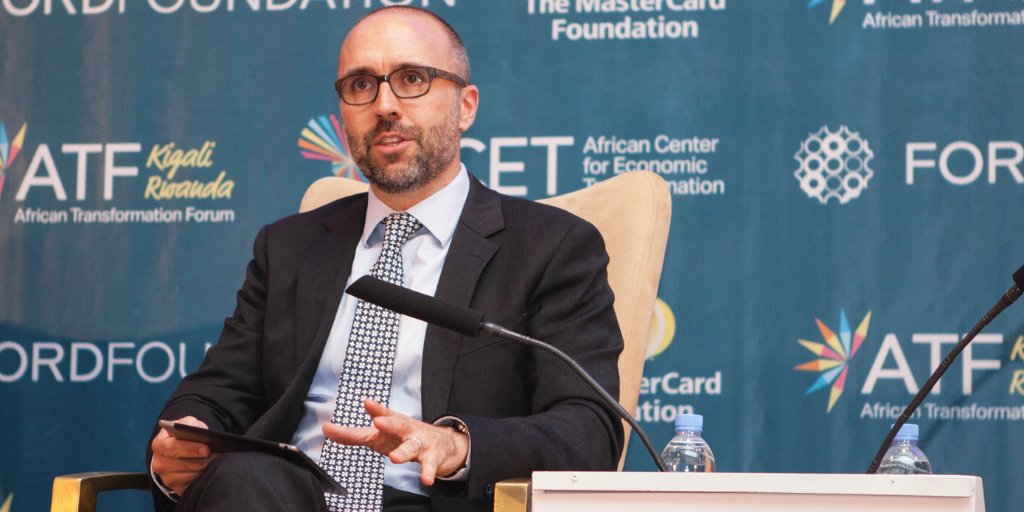Page 67 • (798 results in 0.031 seconds)
-
humanities can and should learn from the living presence and complex reality of non-human animals. And the “intellectual and aesthetic transformations” that our teaching makes possible are reflected in the pedagogical insights of professors Jen Jenkins and Kirsten Christensen, who explain their interdisciplinary approach to teaching the literature and cultural history of the German-speaking world. The Energizing Challenge of Diversity In 1993, Dean Paul Menzel noted the division’s concerted efforts to
-
), genetic engineering, bio-prospecting, and socio-economic issues surrounding botanical commodities. Prerequisite: BIOL 226. (4) BIOL 358 : Plant Physiology A study of how plants obtain and utilize nutrients, react to environmental factors, and adapt to stress. Focuses on mechanisms at the molecular, cellular, and organismal levels. Explores connections to agriculture and ecology. Relies significantly on primary literature. Includes laboratory. Prerequisite: BIOL 226. (4) BIOL 359 : Biology of
-
the kind of knowing that cannot be unknown. For our students this is a process of reconstituting themselves as human beings, a process of disintegration and reintegration, for some welcome, for others not. For all, however, it is a process that usually involves their experiencing a sense of tension and even betrayal of family, peer group, social class, ethnic community, religious denomination, or political ideology. Whether and how students negotiate this process depends on many things: among them
-

requires.” “We spent a lot of time researching literature experiments to gain familiarity with the reactions we planned to run. In my case, they rarely went according to plan, but I learned something each time, which helped guide me toward the next step.” "These lessons extend outside the lab, and this kind of continuous learning and reevaluation is helpful in both academic and professional contexts," stated Lemma. Professor Yakelis and Donnelly working together in open lab in Rieke Science Center
-

programs, Europe will host four groups of students this winter. With a German Studies class going to Germany, an Education class to Hungary, and Literature and Religion classes to Greece, students will explore all corners of the continent. In Europe, students will experience everything from student teaching in Budapest to home-stays in Berlin and weekend trips to the Greek islands of Santorini and Rhodes. North America J-Term Study Away programs don’t always mean students are leaving the country; they
-

and forms of joyful expression.UPCOMING EVENTS Crow Ho Ho Dec. 16 | 7:30 | Black Box Theatre (Karen Hille Phillips Center for the Performing Arts) PLU’s student improv group, the Clay Crows, presents an evening of holiday themed improvised performance. Nordic Fest Dinner Dec. 19 | 5 p.m. | Scandinavian Cultural Center This year’s theme is “A Child’s Christmas Wish.” Evening will Celebrate Nordic Children’s Literature and traditional Scandinavian holiday food including glogg (warm, spiced win
-

. Zhu emphasized. On the first day of the competition, students picked from between three potential problems to solve and then spent the next 100 hours surveying academic literature, developing and testing mathematical models, and producing a paper to justify their reasoning and prove their models’ efficacy. While students can draw from books and online research materials during the contest, they cannot receive outside input on the problem and must rely on each other to generate a solution. Zhu said
-

biological family (in a way, an extension of myself) during the month of October back in 2004. It was the 26th, which was a Tuesday that year. I remember it like it was yesterday. This is such a personal story. Why was it important for you to write this book and share your memoir with readers? First, I wanted to offer my story to the growing body of literature celebrating adoptee voices. We hear from adoptive parents a lot about their experiences, but I feel like we need to hear from adoptees about
-

Africa program, Carrato is continuing a life of service looking outward. Born in Japan to an international businessman father, Carrato has fond memories of the country and the Japanese objects that decorated his childhood home. At PLU, Carrato majored in international business with a minor in English literature. “I love the liberal arts underpinnings PLU has,” he says. “The fact that I could be an English lit minor with an international business major at a school that had a professional business
-

requires.” “We spent a lot of time researching literature experiments to gain familiarity with the reactions we planned to run. In my case, they rarely went according to plan, but I learned something each time, which helped guide me toward the next step.” "These lessons extend outside the lab, and this kind of continuous learning and reevaluation is helpful in both academic and professional contexts," stated Lemma. Professor Yakelis and Donnelly working together in open lab in Rieke Science Center
Do you have any feedback for us? If so, feel free to use our Feedback Form.


